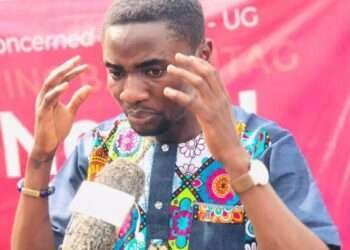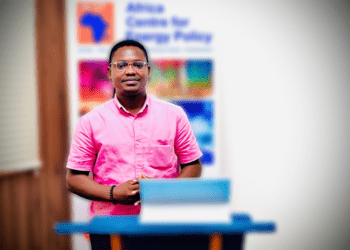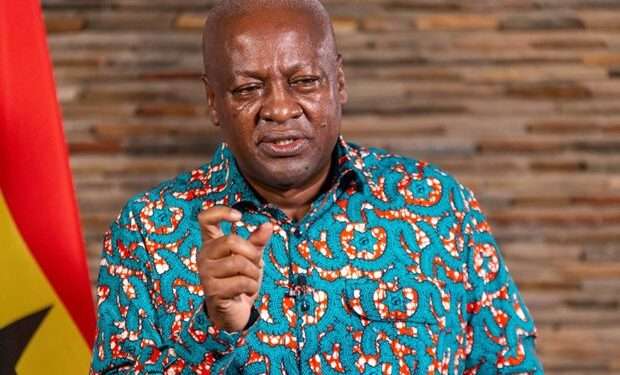The advancement of women’s political leadership is crucial for democratic development and societal progress. In many parts of the world, women continue to face significant barriers in accessing political office, despite notable strides in gender equality over the past decades.
In a passionate call to action, Dr. Charity Binka, the President of the Ghana Chapter of the African Women Leaders Network (AWLN), has emphasized the importance of supporting women candidates in the upcoming 2024 elections.
Dr. Binka’s appeal comes at a critical time when the underrepresentation of women in Ghana’s Parliament is a growing concern. She has called on women to unite across party lines and vote for female contestants in the upcoming parliamentary elections.
At a town hall meeting held in Accra, Dr. Binka addressed attendees from various women’s groups and political parties, highlighting the importance of women’s active participation in the democratic process.
“Women are more than 50 percent of the population,” Dr. Binka noted during the meeting.
“If we all decide to support our fellow women contesting this election, we will make a huge testament to our gender equality agenda.”
Dr. Charity Binka, President of the Ghana Chapter of AWLN
The theme of the event, “Empowering Voices, Shaping Futures, Advancing Women’s Political Leadership,” underscored the need to not only increase women’s representation but also ensure that women’s issues are at the forefront of Ghana’s political agenda.
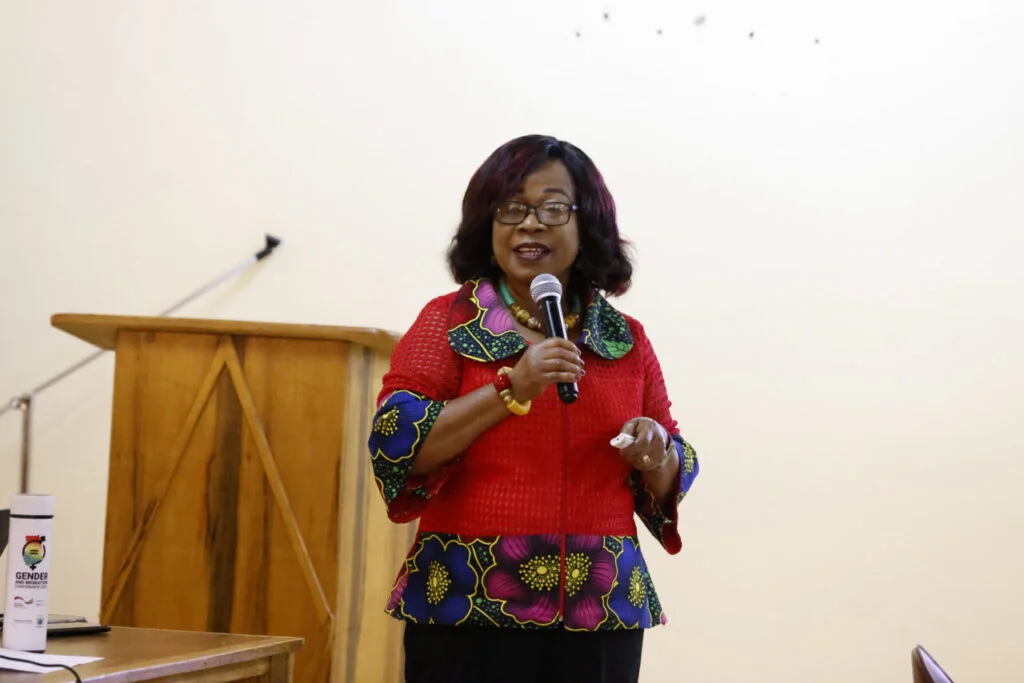
Throughout history, women have faced numerous obstacles in pursuing careers in politics. These challenges stem from deeply ingrained gender biases and stereotypes that often portray women as unsuitable for positions of power.
This statement is grounded in the belief that gender parity in leadership is not only a matter of representation but also one of empowerment and societal development.
Women in leadership positions bring unique perspectives that contribute to policy decisions impacting healthcare, education, family welfare, and women’s rights, areas that are critical for the progress of any society.
As it stands, Ghana’s Parliament has only 40 women out of a total of 275 seats, representing just 14.5% of the legislative body. This is a relatively small percentage, especially considering that women make up a significant portion of the electorate.
Unfortunately, the outlook for the upcoming elections is not much brighter, with many current female parliamentarians having lost their bids for re-election during party primaries.
Aiming for Gender Equality
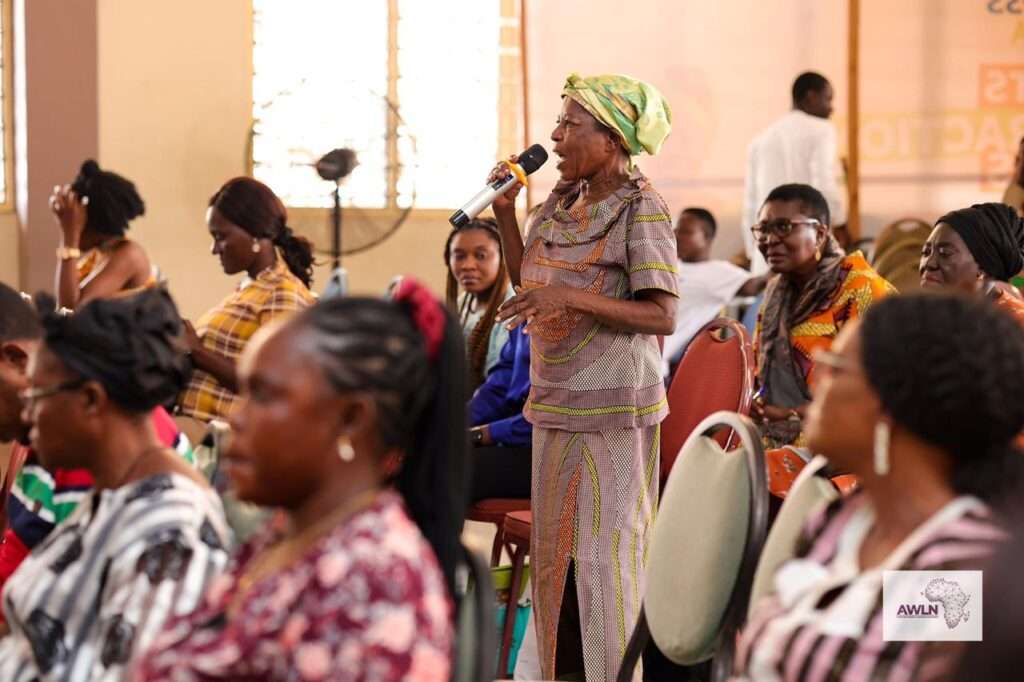
The gathering at the town hall meeting aimed to foster dialogue around the challenges facing women in politics and to mobilize support for female candidates in the 2024 elections.
It brought together various women’s organizations, political stakeholders, and supporters from across the political spectrum, illustrating a unified front for advancing women’s political leadership.
One notable voice at the event, Mrs. Joana Opare from the National Peace Council, stressed the urgency of voting for female candidates, as projections suggest that the current 14.5% female representation in Parliament could decrease if significant support is not mobilized.
“We might go below the 14.5 female representation in Parliament given the figures of women contesting in the elections,” she cautioned, advocating for strategic initiatives that would sustain and ideally increase the number of women in Ghana’s legislature.
A more gender-balanced government would not only represent diverse viewpoints but also advocate for policies addressing gender-specific challenges.
These include advancing the Affirmative Action law, which has been proposed in Ghana to mandate gender quotas, and prioritizing women’s issues in national development plans. Legal frameworks, such as the Affirmative Action law, are essential to establishing long-term institutional support for gender parity in politics.
The 2024 elections present a crucial opportunity for Ghana to make a bold statement about its commitment to gender equality in political leadership. With women making up over half of the population, their underrepresentation in Parliament is an issue that needs urgent attention.
As Dr. Charity Binka and other advocates have pointed out, the solution lies in women supporting each other across party lines to vote for female candidates.
The fight for gender equality in politics is not just a women’s issue, but a national one. Achieving a gender-balanced Parliament will lead to better decision-making and a more inclusive democracy.
READ ALSO: Europe Seeks To Be Less Reliant On U.S


